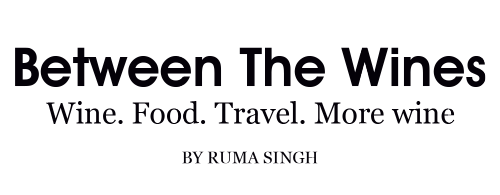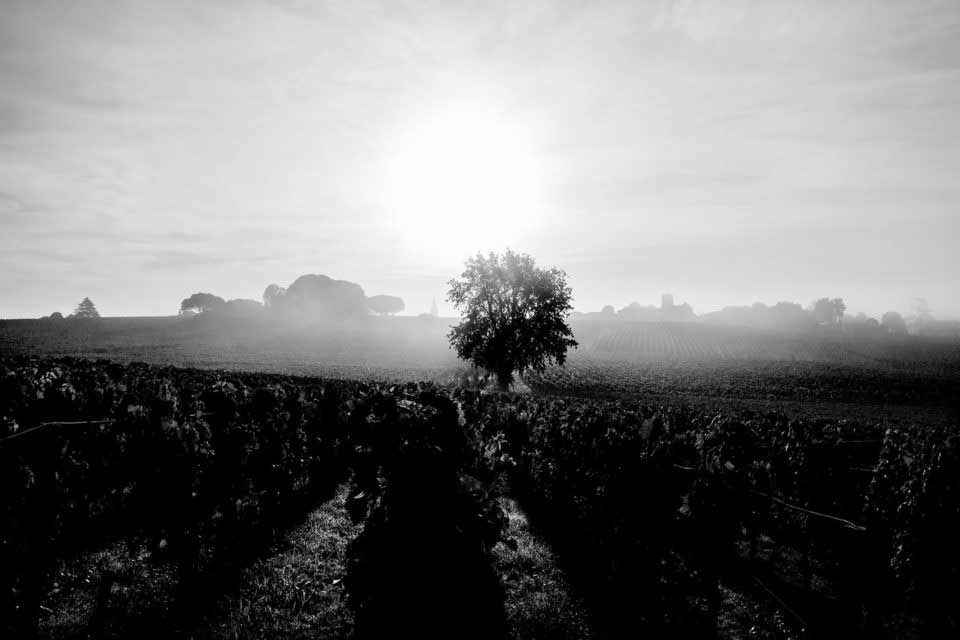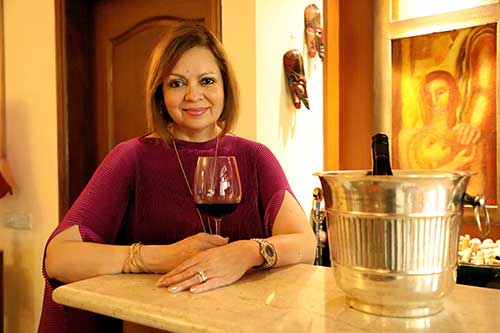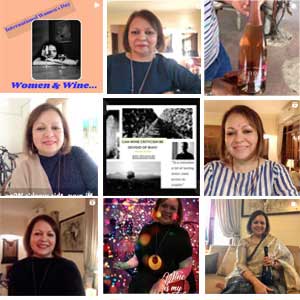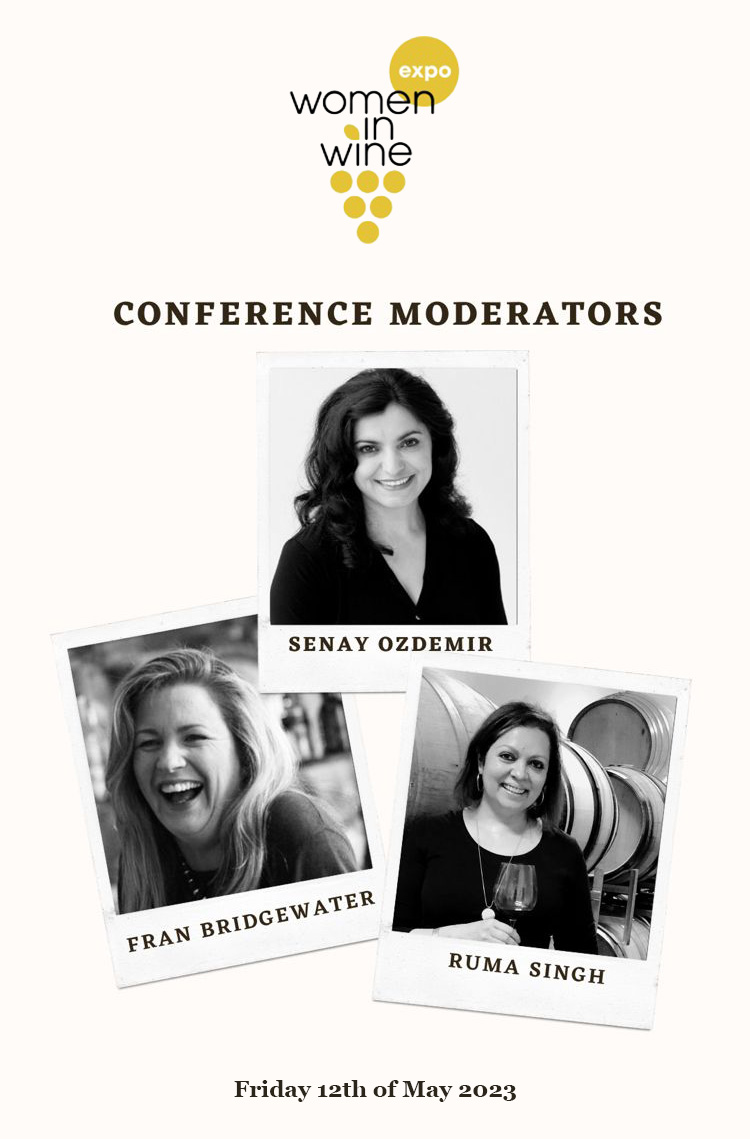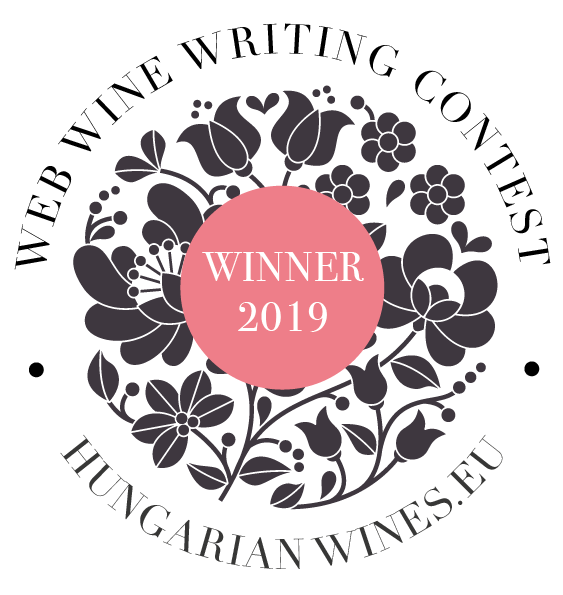The Wine Independent says yes. The soon-to-launch wine platform vows to tackle the issue of biased wine scores and wine criticism by putting the consumer’s needs centre-stage
The wine trade needs wine journalists to talk about and review wines. The wine journalists depend on the trade for their bread-and-butter. How honest can wine reviews be in the face of this inter-dependency? The Wine Independent, launching in May 2022 intends to tackle this issue.
A few weeks ago, a storm built up on wine Twitter, the first place the wine cognoscenti go to air their views. This was in reaction to the announcement of the launch of a brand-new wine platform in May 2022: The Wine Independent. Founded by former editor-in-chief of Robert Parker Jr’s Wine Advocate, US-based Lisa Perrotti-Brown MW along with Swedish photographer Johan Berglund, TWI at first glance seems like a well-conceptualised, high-end consumer-focused platform for wine. A closer look at some of the phrases used in the press release and on the website itself reveals a not-so-veiled dig at the ecosystem of wine criticism, the engine that drives wine purchases for many consumers.
For starters, Perrotti-Brown (who spent a total of 13 years at WA) speaks of the “fiercely independent” TWI being created as an ‘unapologetic advocate of the consumer….meeting (their) needs with “integrity and honesty…. with no hidden agenda.” Again, there is a reference on the website to their “promise to subscribers is to deliver a level playing field, treating all as equals… there are no backroom deals, ultra-premium subscriptions, or secret previews. Just honest reviews.”
If there is plenty of food for thought in these very comments, the TWI press release goes on to make reference to adhering to “the high ethical standards initially championed by Robert M. Parker, Jr.” when he launched the WA in 1978, in another veiled reference to later happenings within the wine trade, which Perrotti-Brown has referred to “shenanigans” in an interview to Drinks Business at the time of the announcement. These shenanigans include ‘conflict of interest’ acts by wine critics and related media, including “selling event tables to wineries and score previews to retailers through ultra-premium subscriptions”. There is also a reference to “large amounts of money” being exchanged. To DB, Perrotti-Brown added, “People don’t know what’s happening behind the scenes of so many wine criticism publications unless you’re in the business, and then you are like, ‘oh my God.’”
No wonder then, that wine Twitter was all a-twitter. While some came out to directly applaud the intent of TWI (including myself, as a consumer who reads wine scores and critics’ evaluations with interest), others questioned their intentions.
Debate-worthy topic, isn’t it? While The Wine Independent is hitting all the right notes – its website will feature Johan Berglund’s hauntingly beautiful photos of wineries and vineyards – a visual treat – May 2022 will reveal how far they can push their agenda of fierce independence in the face of cross-currents within the industry. Funded by a small group of Swedish wine-loving investors with zero ties to the wine industry, The WI at the very least will give consumers cause to pause and think before spending big bucks on a highly-scored critic-recommended wine.
In this interview, TWI founders Lisa Perrotti-Brown and Johan Berglund answer my questions.
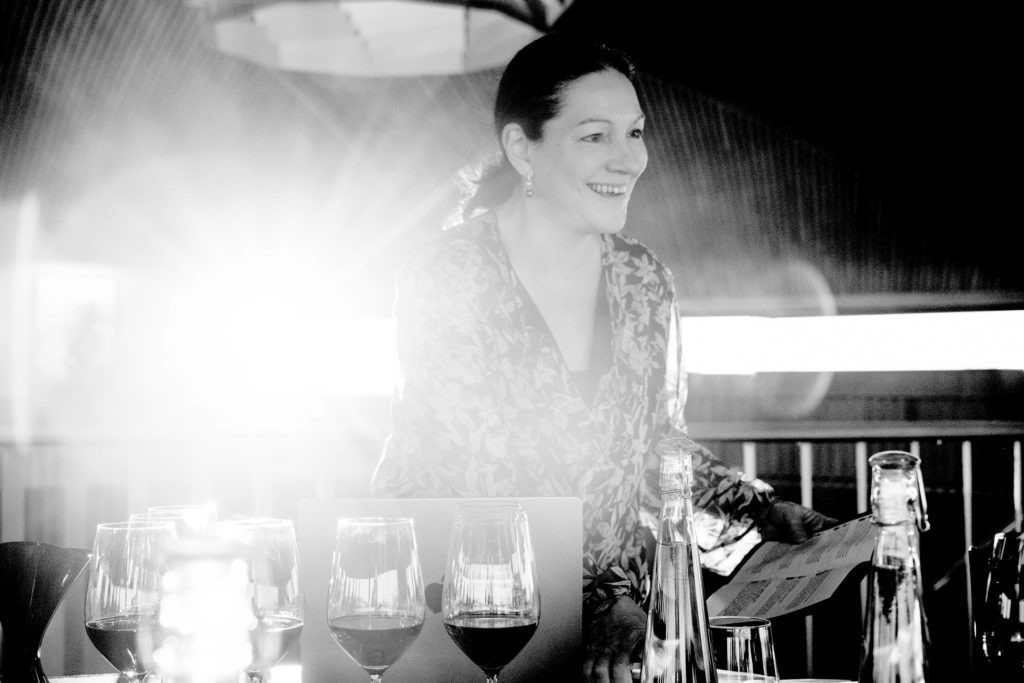
Congratulations on the launch of The Wine Independent, and let me say I am truly looking forward to the publication. I do like the “fiercely independent’ tagline. What exactly are you trying to say here? And how do you intend to implement this aspect?
LPB: Thanks for picking up on this phrase. We do not use it lightly. “Fiercely” in this case refers to our passion to defend independent wine criticism and the integrity of wine reviews. Implementing this is, in fact, very easy. Our business model is back-to-basics. Our revenue will come from subscriptions to our publication. We will have two types of subscriptions: one for consumers and one for trade. The trade subscription simply offers multiple logins and a license to reproduce our copywritten material. There is no pay to play. Wineries do not need to pay us or even be a subscriber to get their wines reviewed. There will be no hidden subscription types allowing selected retailers to get “previews” of the reviews. And we will not ask wineries to pay to participate in events. This is not to say that we will never host tasting experiences for our readership. In the future, we are very interested in furthering and elevating the experience of wine in interactive ways. But it will not be an underhanded way of making money out of wineries.
I also love the photo-journalism aspect of the website. How important is visual storytelling today in a world filled with social media, especially Instagram? What would you, Johan, be bringing to readers that would be different, that they can look forward to?
JB: Our goal is to be storytellers as much as anything else. A photograph can capture a moment in time in a person’s life. It can transport the viewer into the world of the subject. For a brief second the viewer can find a connection to their own experiences and life. They can identify. With that connection is established it will create a much deeper interest and thirst for learning more.
The brief also mentions being “an advocate of the consumer.” How do you propose to do that specifically?
LPB: At our core, we are a wine guide. We give wine-buying advice to consumers. Consumers are our bosses, so to speak. Whenever I write a review, I strive to describe the wine as simply and as accurately as possible, in terms that anyone can understand. Scores need to be applied with accuracy and consistency, in order to match consumers’ expectations of that score. I hear a lot of discussion about how awful it is for a winery when they receive a bad review and a lot of publications are reluctant to publish them. I cannot think that way. Instead, I think about the poor consumer who buys a wine based on a flowery description and a high score, only to discover it bears no resemblance to the tasting note and is nowhere near as good as the score suggested. This is the opposite of consumer advocacy.

“To a consumer, a lot of tasting notes come across as cryptic”
Johan Berglund
Once again, circling back to social media and wine, how relevant are independent websites like yours going to be, as well as critical analyses and reviews of wine in a world full of short takes in social media, independent spokespeople, and ‘vin’-fluencers?
JB: Well, I think that the question almost answers itself in a way. Since a lot of content is quite superficial and/or sponsored by someone with an angle towards financial gain there is as much as ever a need for a publication that delves into the actual truths and realities of the wine world. A publication that explores the underlying soul.
This is something which always has been, and always will be, in demand. It is an inherent strength of true documentary photography and honest journalism.
We believe people hunger for knowledge and depth.
How can a layperson/wine consumer understand bias and sift through the quantity of information available to him/her? Do consumers really want to know what critics and experts think (a critics’ wine scores are possibly subjective might therefore mislead, as the press release says), or should they go by their own preferences and drink what they please irrespective of scores? Which would you say, is the best way for the non-expert consumer to approach wine?
LPB: I think one of the major drawbacks of wine criticism these days is an overemphasis on scores. Don’t get me wrong, scores are an essential tool. Scores help consumers navigate a vast sea of wine reviews. They help consumers understand where a wine sits qualitatively among its peers. However, they say nothing about the style or character of a wine. A score can point you in the direction of outstanding wine, but how do you know you are going to like it if you don’t know what it is like?
Furthermore, my view is that if a critic rates quality based on how well it matches their stylistic preferences, then they are not a critic. They are just telling their readers what they like and urging them to like it too.
Style and quality are two very different things. High quality can exist across a broad range of styles, including some that are not my personal preference. I don’t tell people what style to like; I help our readers to find the best examples of the style they love.
Could you reveal something more about your investors? All we know is that they are a “small group of Swedish wine-loving investors, none of whom have any ties to the wine industry”. What has got them to invest in The Wine Independent and what do they hope to achieve through this no-advert model?
JB: Honestly and simply, they hope to make a very handsome return on invested capital. Without that promise, they would not have given us their money. These are very successful entrepreneurs in their own right and they did not come into this without having done their research. They see it as a long-term investment and a unique opportunity.
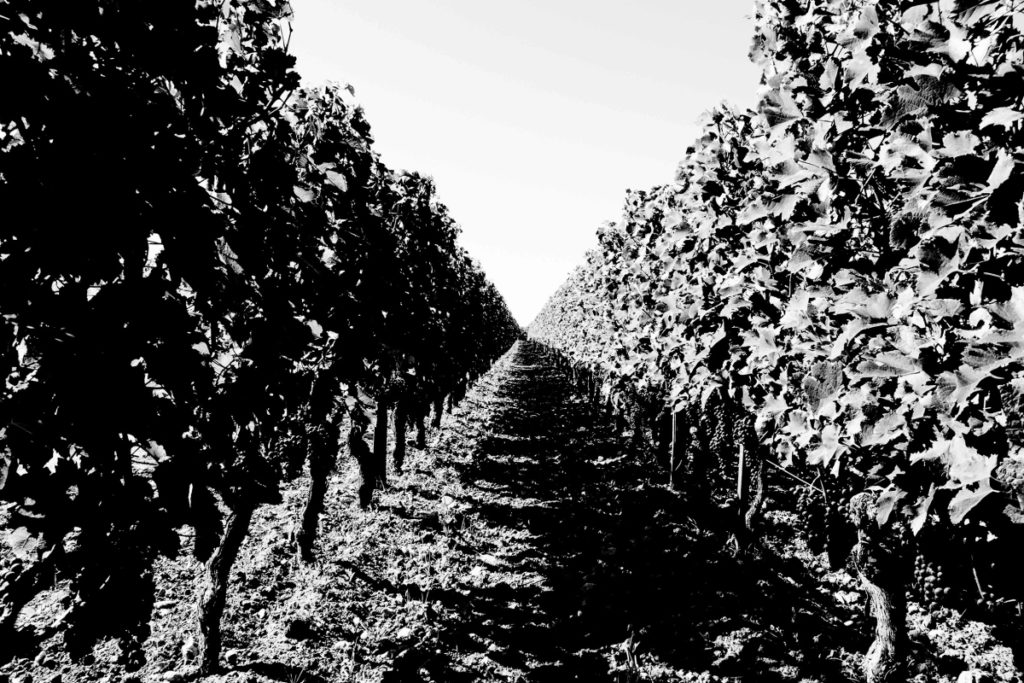
Tasting notes are often blamed for being too esoteric, vague, or flowery, thereby irrelevant to the regular consumer. How will your wine tasting notes be written to be meaningful to the wide range of readers you intend to target? Could you perhaps give an example of how a subscriber can use them?
JB: Even novice wine drinkers know what they like, but our industry makes it difficult to find the wines they want. To a consumer, a lot of tasting notes come across as cryptic. For example, many wine descriptions don’t even mention relative body or alcohol, which are important factors for consumers. Therefore, relative body and alcohol will be among our new filters on The Wine Independent website. Thus, if someone knows they only want a lighter-bodied, refreshing, perfumed wine, they can filter the results down to only show these wines. Instantly, the wine buyer’s search just got easier without the use of scores. This is just one small example of how we intend to help consumers better find the wines they will love.
Please comment on the reactions during your recent trip to Bordeaux (a first for The Wine Independent).
JB and LPB: First of all we organized a conference for the Bordeaux wine trade. Over 100 people attended, to listen to our presentation on the new publication. Seeing everyone in person means a lot to us and it was important for us to look them in the eye to answer their questions honestly. We also did several tastings and visits to châteaux and negociants, when we explained our business model based on transparency and independence it was very well received. We plan to spend over 14 weeks a year in Bordeaux, so will be back soon for Primeurs just prior to the official launch of the site.
Interview done in coordination with Brinda Bourhis, Between the Wines’ guest columnist
